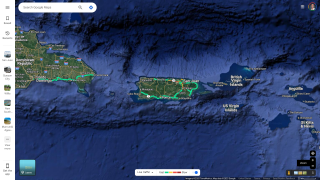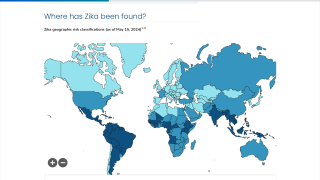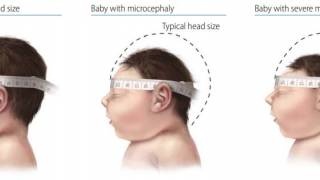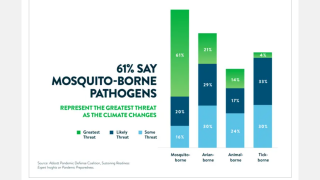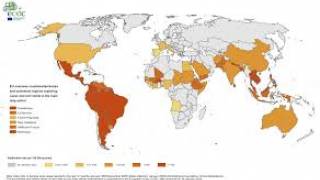Over 1,100 Zika Cases Confirmed in 2024

According to the latest data from the U.K. Health Security Agency (UKHSA), mosquito-borne infections associated with travel are increasing and returning to levels last recorded before the recent pandemic.
This UKHSA warning was issued on March 21, 2024, and is particularly concerning for diseases like dengue, malaria, and Zika. It emphasizes the importance of taking precautions to minimize health risks while traveling.
Moreover, there have been reports of people who recently returned from traveling abroad and were diagnosed with these severe illnesses in some parts of the U.K.
In 2023, eight Zika cases were reported in England, similar to 2022.
While the number of cases of Zika is low, the infection poses a particular threat to pregnant women and their unborn children.
Zika symptoms include fever, severe headache, pain behind the eyes, muscles, joints, and abdomen, loss of appetite, nausea, and vomiting.
Specifically, Zika-impacted children have often been diagnosed with microcephaly, a neurological condition that causes a baby's head to be smaller than usual.
Zika cases in the U.K. peaked in 2016 with 725 cases, reflecting the Zika outbreak in the Region of the Americas that year.
Ten countries have accounted for about 89% of Zika cases recorded between 2014 and 2023.
In countries with insects that spread diseases like dengue, malaria, or Zika, travelers can protect themselves by using insect repellent, covering exposed skin, and sleeping under a treated bed net where air conditioning is unavailable.
Dr. Philip Veal, a consultant in public health with the UKHSA, commented in a press release, "As travel has increased following the lifting of travel restrictions during the pandemic, so have serious mosquito-borne infections."
"There are simple steps that people can take to reduce the risk of infections such as malaria, dengue, and Zika."
"Plan ahead and visit the TravelHealthPro website to look up your destination and the latest health information and advice. Even if you have visited or lived in a country before, you will not have the same protection against infections as local people and are still at risk."
The UKHSA and NaTHNaC have recently reviewed destination-specific guidance for countries with a known or possible risk of Zika virus.
The UKHSA recommends international travelers consult their GP, practice nurse, pharmacist, or travel clinic at least one month before their trip for individual advice regarding travel vaccines relevant to their destination.
In 2024, over 1,100 Zika cases have been confirmed in the Americas.
Moreover, Zika reinfections have been confirmed.
The U.S. CDC recently published 'Evidence of Zika Virus Reinfection by Genome Diversity and Antibody Response Analysis.'
The CDC wrote in Volume 30, Number 2—February 2024, 'Although Zika reinfections are extremely difficult to confirm when there are only very similar phylogenetically strains causing an outbreak, we detected divergent viruses in Zika-infected persons who provided longitudinal samples, which suggests a subsequent and distinct infection event.'
Unfortunately, there is no approved drug or Zika vaccine.
However, as of March 23, 2024, several Zika vaccine candidates are conducting clinical trials.
Our Trust Standards: Medical Advisory Committee

